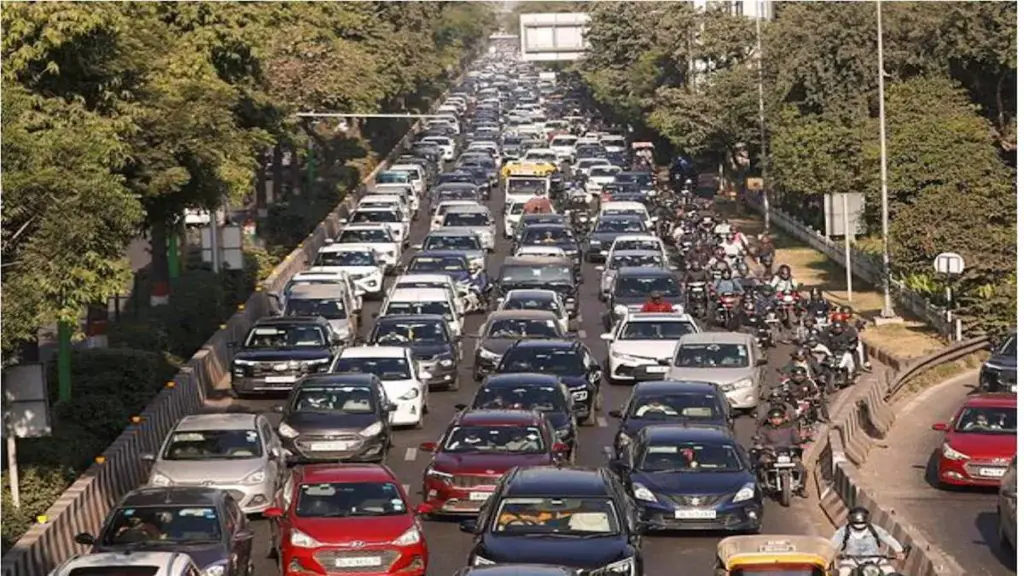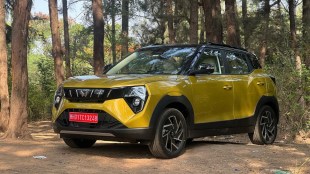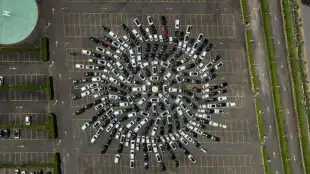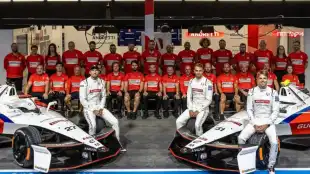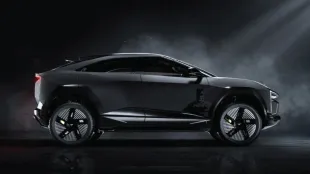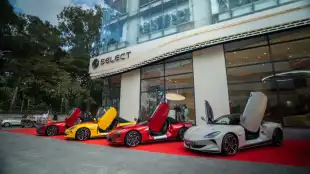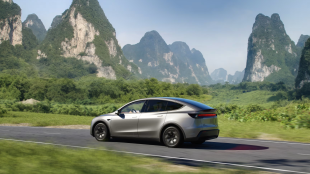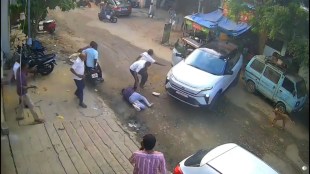Delhi kicked off July with a lot of controversy thanks to the fuel ban on old vehicles. A former Indian Air Force officer has criticised the Delhi government’s decision to ban fuel sales to End-of-Life (EoL) vehicles, petrol cars over 15 years old and diesel vehicles over 10 years old, questioning the logic of restricting older cars while the country continues to operate aircraft more than 40 years old.
Ex-IAF questions rationality behind End-of-Life vehicle ban
Former Indian Air Force officer Sanjeev Kapoor questioned the policy’s selective enforcement by targeting personal vehicles. He raised eyebrows by stating that 40-year-old aircraft and 30-odd-year-old other commercial transport are okay, but a 10-year-old diesel and a 15-year-old petrol vehicle are illegal to ply on the streets of Delhi. He posted on social media, “We are still flying aircraft that are over 40 years old & many of our trains, buses, boats, ferries & commercial planes in daily use are more than three decades old. So why are restrictions being imposed only on personal vehicles? With fuel no longer available at gas stations, this will only create a parallel ecosystem, which is neither sustainable nor desirable. That’s my take.”
Why the Govt cracked down on 62 lakh vehicles?
According to a November 2024 analysis report by the Centre for Science and Environment (CSE), automobiles are the largest source of pollution in Delhi, contributing over 51% of emissions from local sources. Despite initiatives such as the CNG programme, the gradual phase-out of older diesel and petrol vehicles, and the implementation of stricter emission standards, etc, the air quality continues to degrade, especially in winters.
Even though more than 62 lakh vehicles are affected by the fuel ban on old vehicles policy, the government believes that this will help bring down the air pollution levels in Delhi NCR. Delhi authorities have installed Automatic Number Plate Recognition (ANPR) cameras at over 350 petrol pumps, linked to the VAHAN database, to automatically scan vehicle number plates and verify their eligibility for refuelling. Offenders face an on-the-spot fine of Rs 10,000, and non-compliant vehicles are towed to Registered Vehicle Scrapping Facilities for disposal, enforcing strict pollution control measures across the city.
